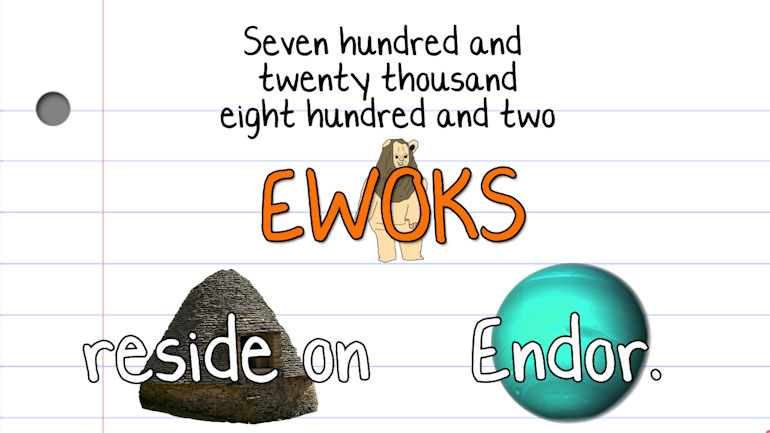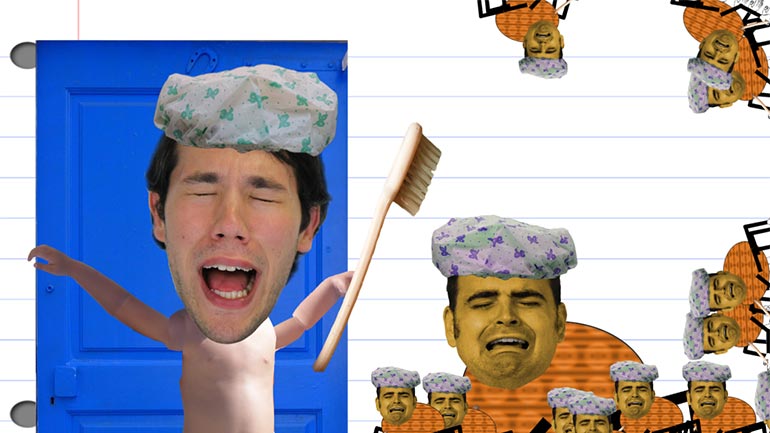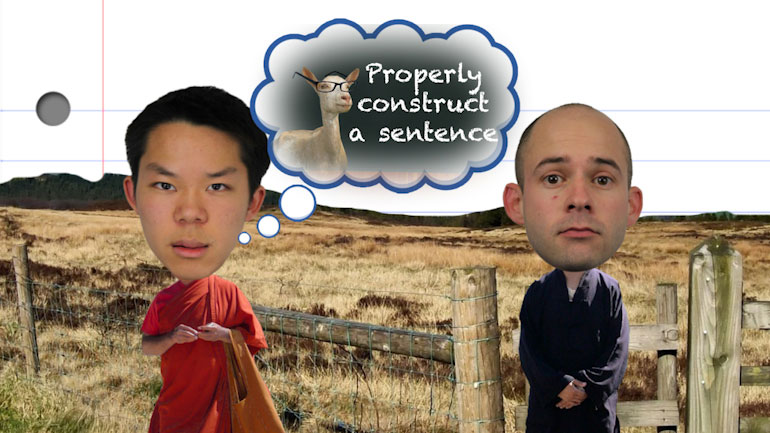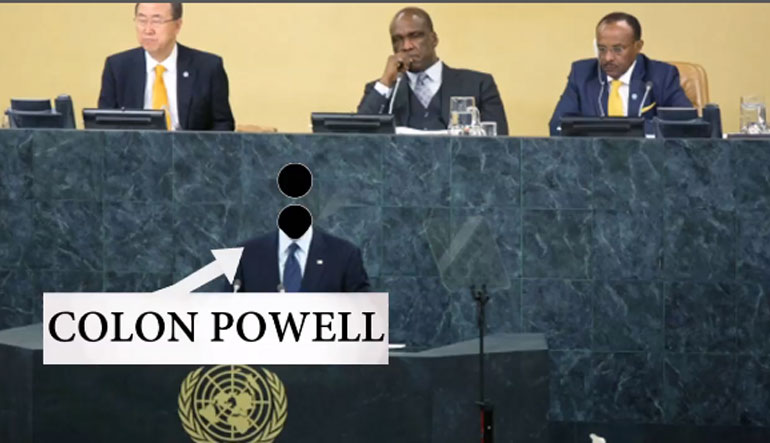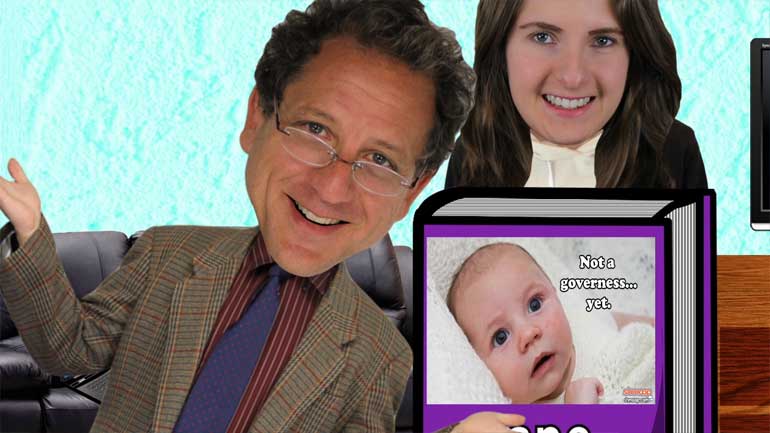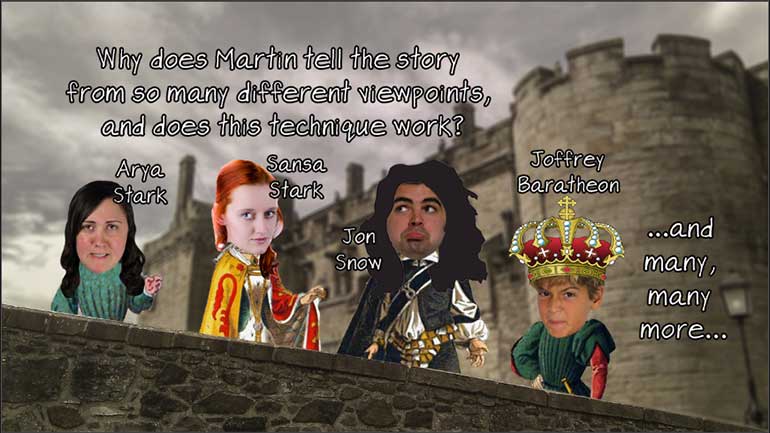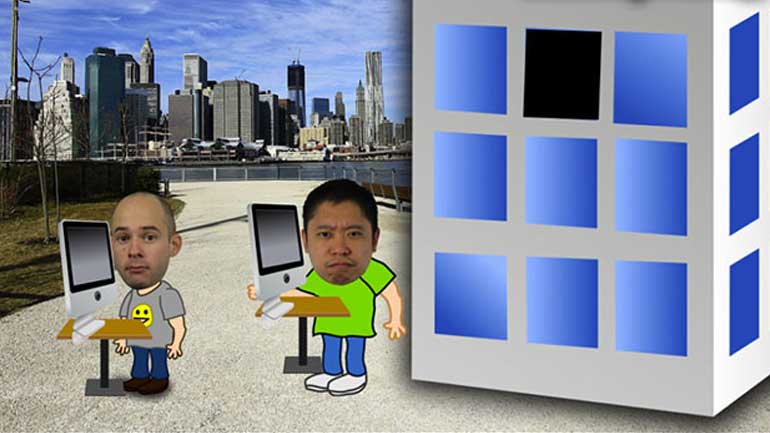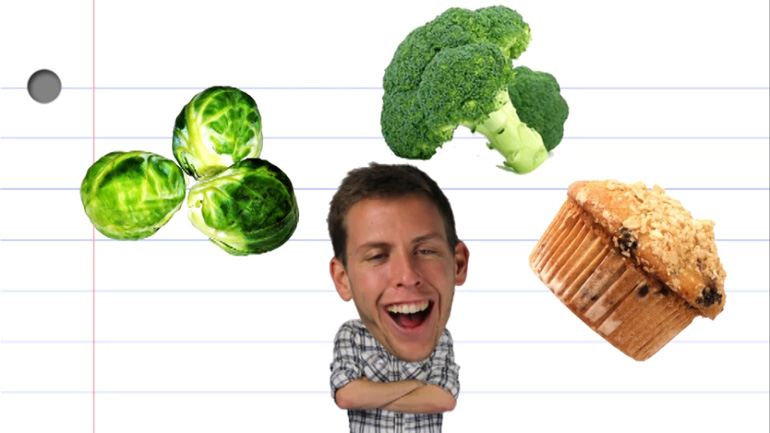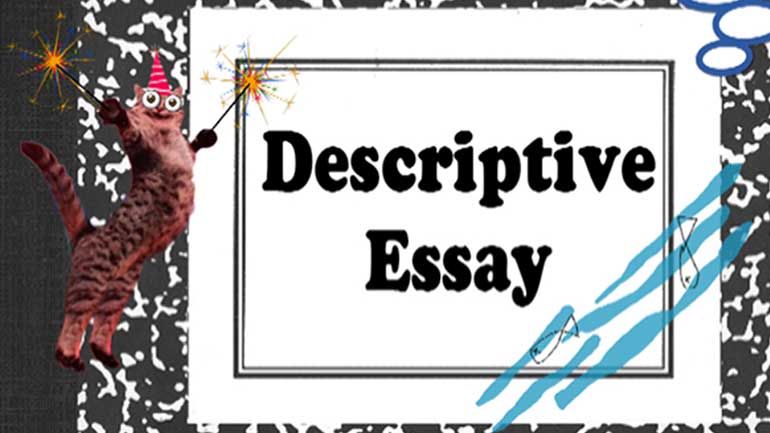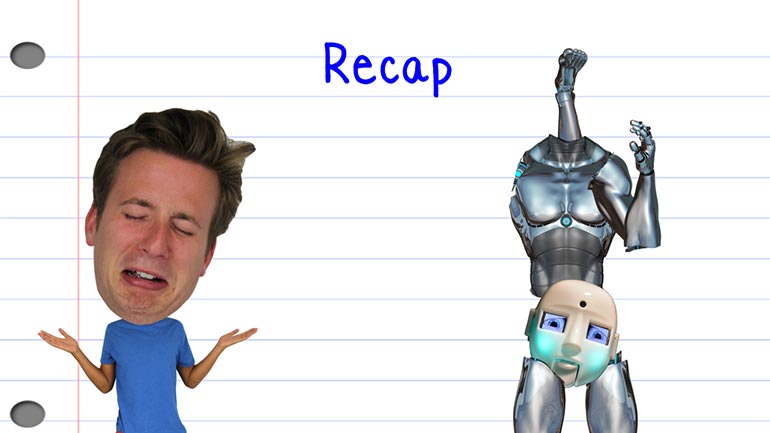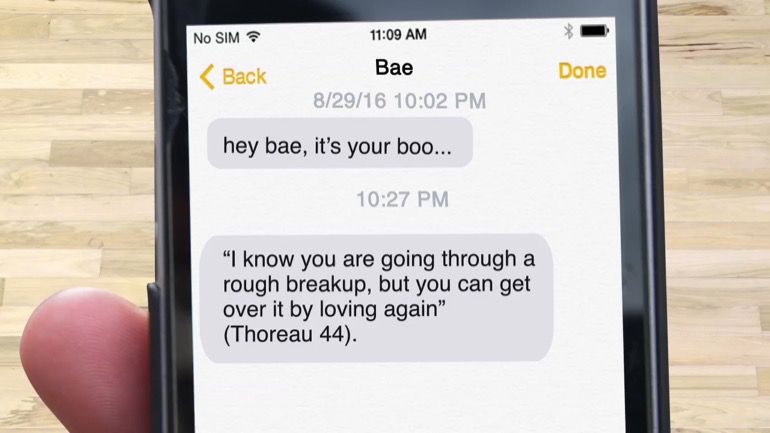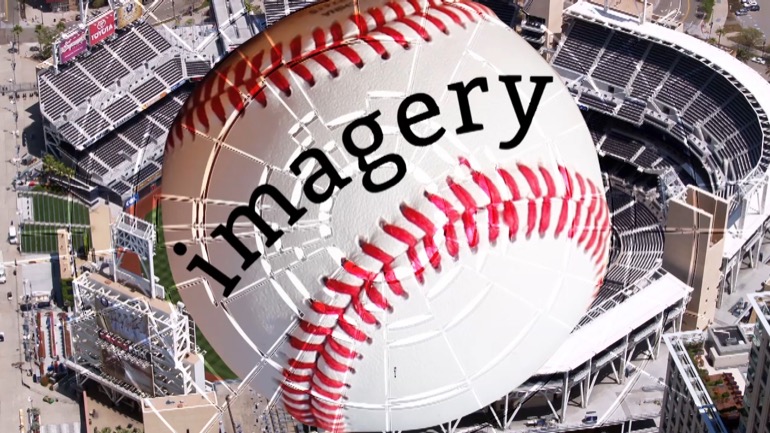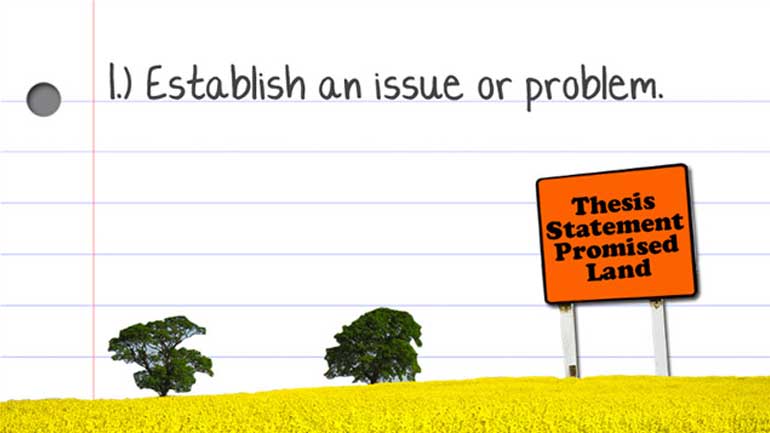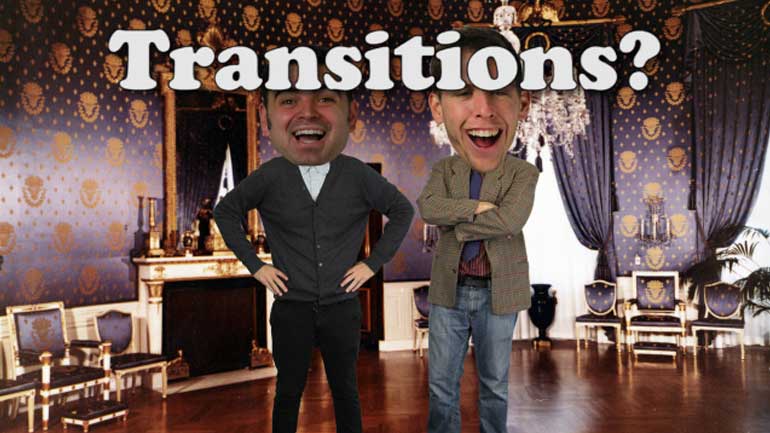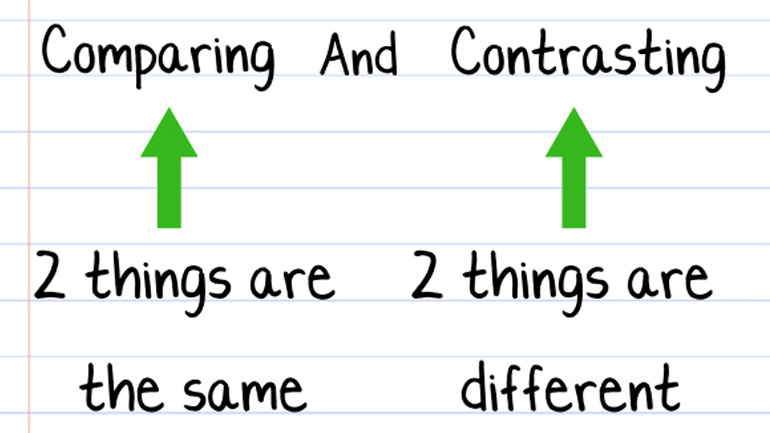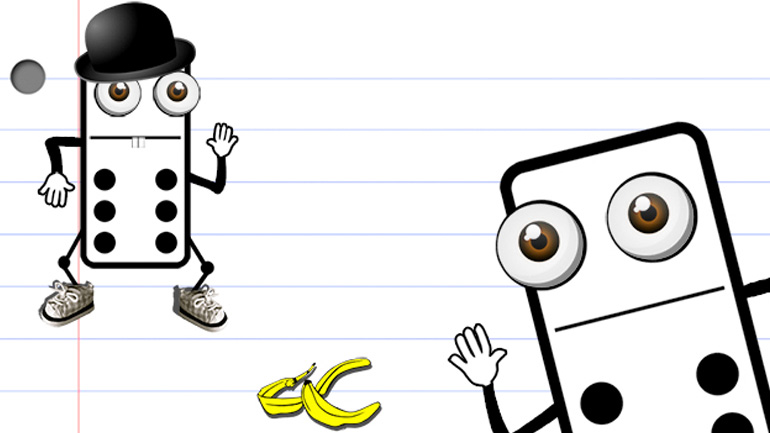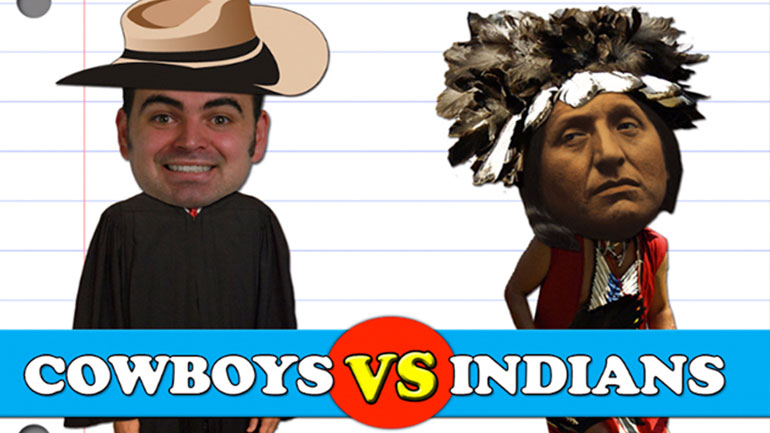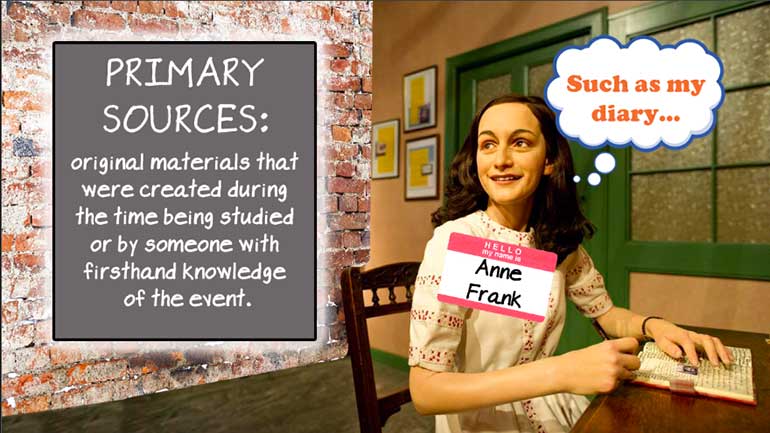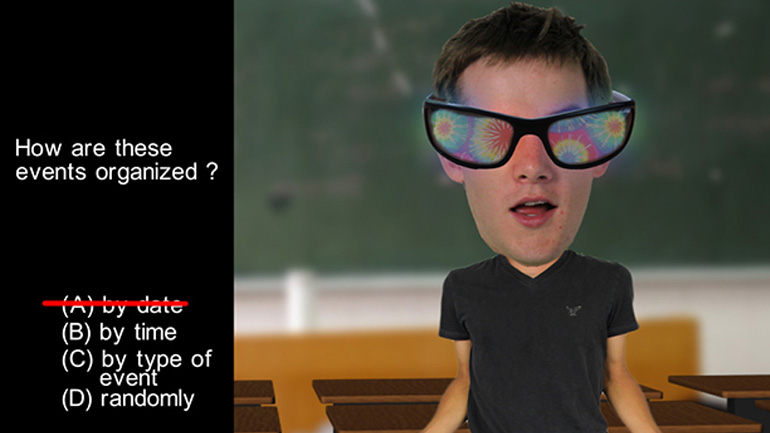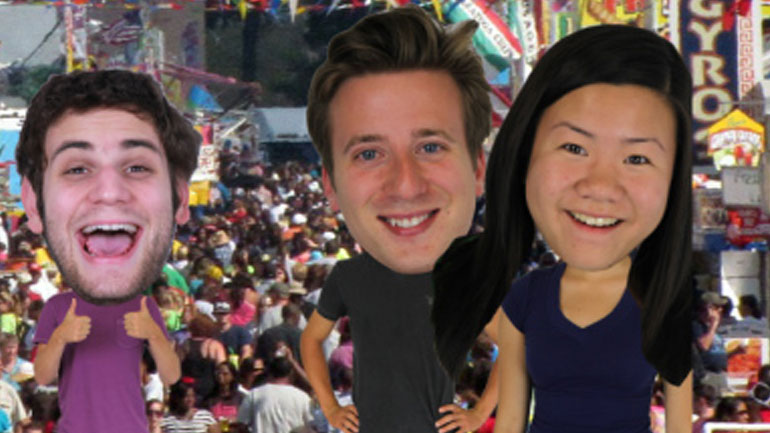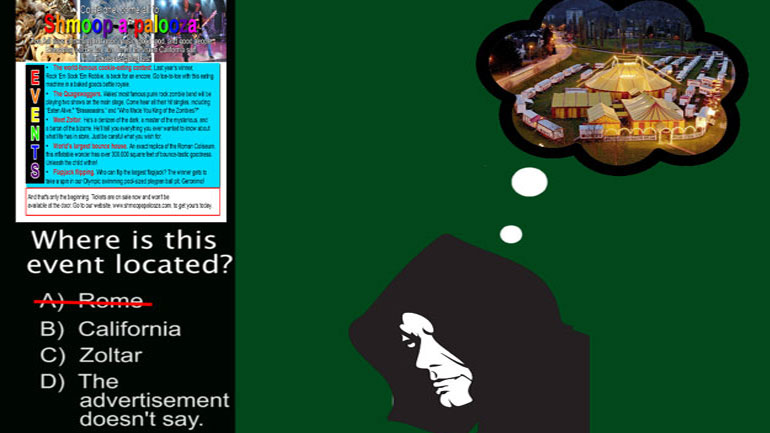ShmoopTube
Where Monty Python meets your 10th grade teacher.
Search Thousands of Shmoop Videos
Essay Writing Videos 71 videos
This video offers some rules of thumb for writing a good introduction. It covers everything from tone (confidence is key!) to phrases and clichés...
Even the best essays can go wrong in the conclusion—this video covers what not to do in a conclusion to help avoid any essay-ending problems. The...
You want to be as picky with your citations as Goldilocks was with her porridge—not too many, not too few... juuust right. You want to prove that...
What is a Primary Source? 43705 Views
Share It!
Description:
This video defines a primary source and what makes it different from a secondary source. What counts as original material? And where can we find these primary sources now?
Transcript
- 00:00
Thank you We sneak in primary sources Allah shmoop you
- 00:07
can't create a historical drama are historical fiction without historical
- 00:11
research and you can't do historical research without digging up
- 00:14
some primary sources These guys captain phillips saving private ryan
- 00:20
twelve years a slave zero dark thirty people actually had
Full Transcript
- 00:23
to do research when they were writing those awesome scripts
- 00:27
Primary sources are original materials that were created during the
- 00:30
time being studied or by someone with firsthand knowledge of
- 00:34
the event So let's break it down Original means the
- 00:38
source was created by someone actually living in the period
- 00:42
we're studying So if we're studying world war two and
- 00:45
original material could be the diary of a soldier he
- 00:49
wrote it himself and he was actually in the war
- 00:52
It originated in that time period Materials means that primary
- 00:57
sources take different forms It could be a letter of
- 01:00
painting even a toy then there's the created during the
- 01:05
time being studied part well a newspaper article about world
- 01:08
war two that was written yesterday would not be a
- 01:11
primary source because it was written seventy plus years after
- 01:14
the event Little hindsight but just to make it confusing
- 01:19
Primary sources can be written after the event as long
- 01:23
as it was created by somebody with first hand knowledge
- 01:27
which means primary sources could include memoirs letters or interviews
- 01:31
that were made after the event If the person making
- 01:34
them was actually there at the time like our ww
- 01:36
two vet Okay what isn't a primary source Well anything
- 01:42
written about the past that wasn't written at that time
- 01:45
or wasn't written by someone with firsthand knowledge of the
- 01:49
event secondary source were usually text that used a bunch
- 01:53
of primary sources to make an argument or to interpret
- 01:56
the past But let's say you're writing a paper and
- 01:59
need you primary and secondary sources You collect interviews from
- 02:03
ww two bets documents from government officials describing their decisions
- 02:08
and actions film footage from the front and a book
- 02:11
published by a history professor in two thousand fourteen about
- 02:15
world war two Well the interview's documents and film footage
- 02:19
would all be primary sources The book published in two
- 02:22
thousand fourteen would be a secondary source Okay we're going
- 02:26
to hit you with some types of primary sources Pecs
- 02:30
not the o m g l a welcome anything that's
- 02:32
Written down like diary's personal letters were published works like
- 02:36
books or newspapers images anything visual painting doodles photographs poster
- 02:43
tapestry never recordings Other recordings only go back two hundred
- 02:47
fifty years or so You've got recordings of music aural
- 02:50
histories interviews tv shows radio programs and films that literally
- 02:54
speak to us about the past Object is pretty much
- 02:58
covers everything else clothes toys goings tools pottery and anything
- 03:03
else you think if it was made in the past
- 03:06
All right well so according to this definition couldn't anything
- 03:08
that ever existed be a primary source Well sort of
- 03:11
but keep in mind the further back in history go
- 03:14
the less likely our fine primary sources that have survived
- 03:18
ex deteriorate writing didn't always exist We're more likely to
- 03:21
have old images or object but they also deteriorate So
- 03:25
while we might have a ton of stuff from the
- 03:27
recent past our primary sources get more and more rare
- 03:30
as we move further back in history and our ability
- 03:33
to construct a picture of the past It's a little
- 03:36
fuzzy okay but we're in the world are all these
- 03:38
things kept there's some sort of secret warehouse in area
- 03:41
fifty one Where we find them is the nsa have
- 03:44
a massive database of every sound ever made in the
- 03:47
past hundred fifty years but no objects can be found
- 03:52
in archives museums or personal collection Unfortunately you don't have
- 03:56
to travel the world visiting all these places They're breaking
- 03:58
into private residence There's Very convenient way of finding primary
- 04:02
sources The internet There are millions and millions of primary
- 04:06
sources that have been digitized and put on the internet
- 04:09
Primary sources are the key to uncovering an accurate picture
- 04:13
of the past without you could make up any story
- 04:16
you wanted about History knows Maybe lincoln would have looked
- 04:19
better as a blonde or score and seven blondes ago
Related Videos
This video offers some rules of thumb for writing a good introduction. It covers everything from tone (confidence is key!) to phrases and clichés...
Even the best essays can go wrong in the conclusion—this video covers what not to do in a conclusion to help avoid any essay-ending problems. The...
You want to be as picky with your citations as Goldilocks was with her porridge—not too many, not too few... juuust right. You want to prove that...
Want even more deets on wordiness? Click here to review. Or take a look at our entire grammar section for all the goods.
Want even more deets on Run-on Sentences? Click here to review. Or take a look at our entire grammar section for all the goods.








